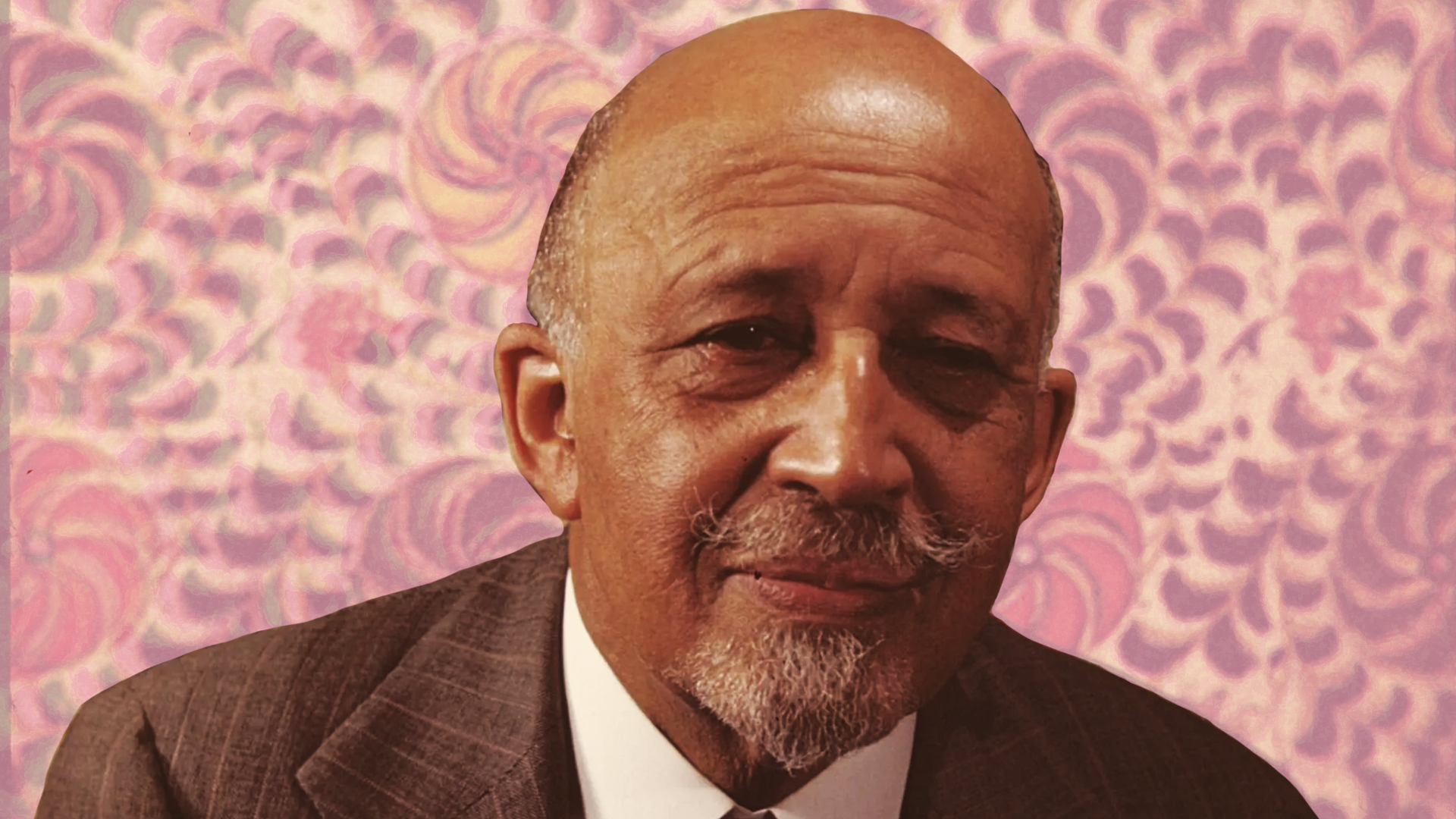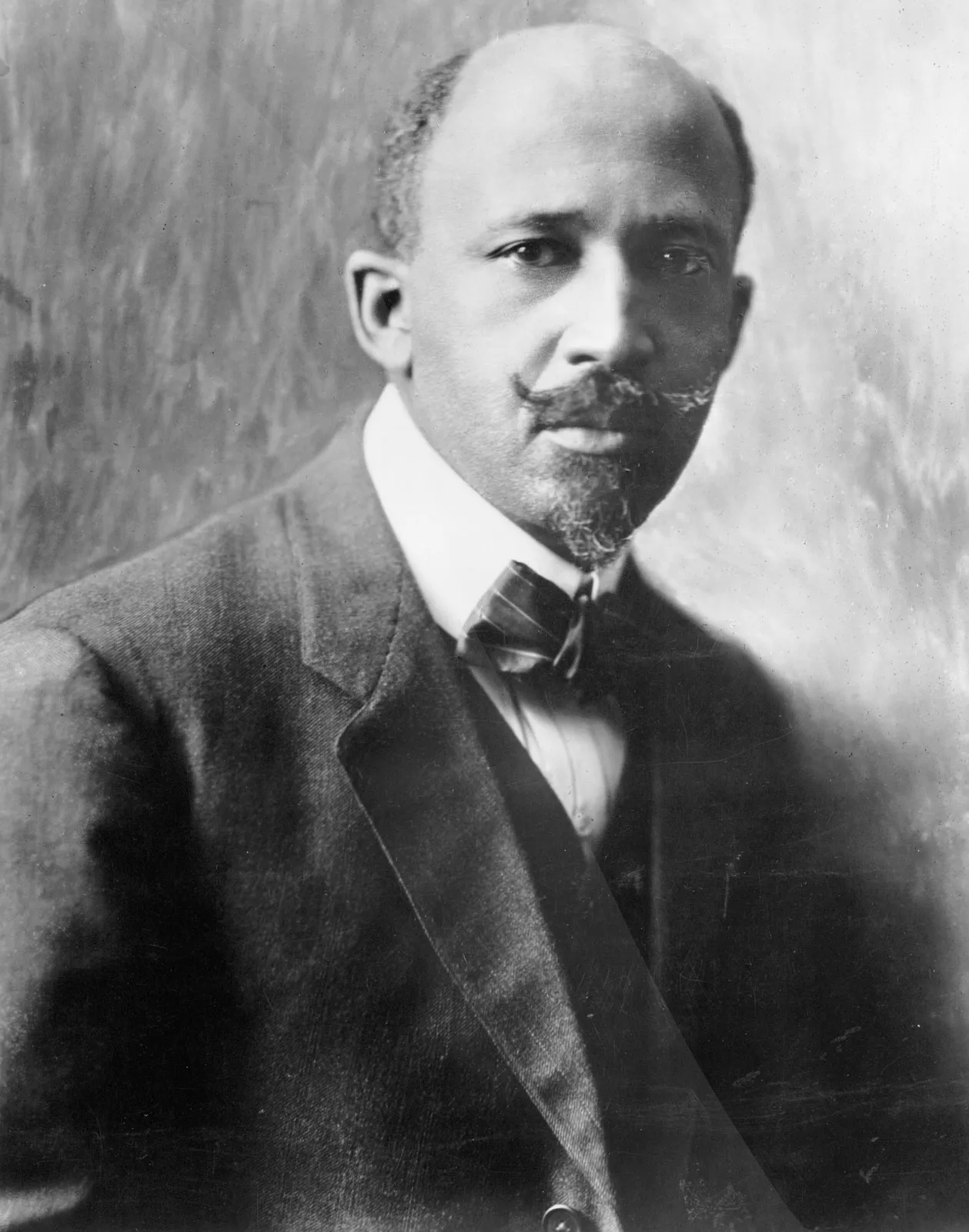W.E.B. Du Bois

Biography
W. E. B. Du Bois was the kind of thinker who didn’t just write history, he reshaped it. Born in 1868 in the small town of Great Barrington, Massachusetts, Du Bois grew up mostly surrounded by white neighbors, but he never let his isolation define him. He was a top student, an early journalist, and a young Black intellectual who read everything he could get his hands on. His hunger for knowledge took him from Fisk University in Tennessee to Harvard, where he became the first Black American to earn a PhD. He studied in Germany, mastered multiple languages, and returned home with one goal: to confront the reality of racism with facts, research, and unapologetic truth-telling.
Du Bois believed that racism wasn’t just a Southern problem, it was America’s problem. He used data to prove how systems of inequality operated, starting with his groundbreaking 1899 study The Philadelphia Negro. But Du Bois wasn’t content just to study injustice. He wanted to dismantle it. In 1903, he published The Souls of Black Folk, a poetic, sharp, and searing analysis of Black life in America. He introduced the idea of 'double consciousness'—the feeling of always seeing yourself through the eyes of a society that treats you as less. That idea still echoes today in conversations about race, identity, and belonging.
Du Bois was not afraid to stand apart. While Booker T. Washington preached accommodation and gradual progress, Du Bois demanded immediate civil rights, full access to education, and the right to vote. He helped found the NAACP and became the editor of The Crisis, turning the magazine into a powerhouse of activism, art, and resistance. He published essays on lynching, labor rights, Black excellence, and global liberation, reaching over 100,000 readers at the height of its influence. For Du Bois, writing was not just words on a page, it was strategy, it was protest, it was power.
As he got older, Du Bois only got bolder. He took on colonialism, challenged the United Nations to recognize racism as a human rights violation, and became a global leader in the Pan-African movement, calling for freedom across the African diaspora. In his final years, he moved to Ghana to work on an encyclopedia of African history and became a Ghanaian citizen. He died there in 1963, just one day before the March on Washington. While others marched for justice, Du Bois had already spent a lifetime building the road they walked on.
W. E. B. Du Bois wrote seventeen books, edited multiple journals, helped launch the civil rights movement, and left us with tools to keep going. He dared to imagine that Black freedom was not just possible—it was essential. And he challenged all of us to study the world deeply, think critically, and act boldly. His voice didn’t just narrate history, it helped create it.
W.E.B. Du Bois reminds us that history is not just about the past—it is about how we shape the future. His work disrupted dominant narratives, exposing the hypocrisy of a nation that proclaimed freedom while denying it to millions. His fight for justice extended beyond the United States to a global movement against colonialism, showing that struggles for liberation are interconnected. If we fail to learn from Du Bois, we risk repeating the mistakes of the past. His life’s work teaches us that education, activism, and international solidarity are essential in the fight against oppression. He asks us: Will we be spectators of injustice, or will we, too, work to dismantle it?
?
How does Du Bois’ idea of ‘double consciousness’ still apply to racial identity today?
What can we learn from Du Bois’ debates with Booker T. Washington about how to fight for racial justice?
Why did Du Bois believe Black Americans should embrace their African heritage? How does that idea connect to conversations about identity today?
How do Du Bois’ criticisms of systemic racism in America compare to modern movements for racial and economic justice?
Why do you think Du Bois’ involvement in Pan-Africanism was such a crucial part of his activism?
Dig Deeper
Explore the life and legacy of W.E.B. Du Bois, from his groundbreaking scholarship to his role in shaping the civil rights movement and global anti-colonial struggles.
An animated excerpt of an article from W.E.B. Du Bois depicts the alienation experienced by African Americans.
Explore conflict theories with W.E.B. Dubois, who is one of the founders of sociological thought more broadly and the founder of race-conflict theory.
The chronicles of WEB Du Bois — scholar, sociologist, activist — are brought to life in this animated documentary short.
Discover more

Rosa Parks
Rosa Parks did not simply stay seated because she was tired, she sat down and refused to move because she was tired of giving in.

Claudette Colvin
Claudette Colvin’s bold defiance of unjust Jim Crow laws came nine months before Rosa Parks’ more widely known protest and was a crucial spark in the fight to end bus segregation.

Martin Luther King Jr.
Martin Luther King Jr. was a transformative leader in the American Civil Rights Movement, advocating for justice through nonviolent resistance.
Further Reading
Stay curious!
